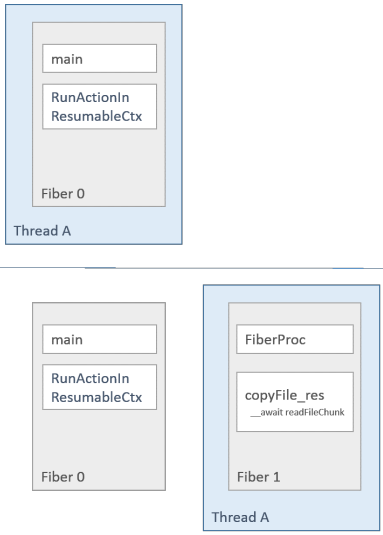noexcept: what for? -- Andrzej Krzemieński

noexcept -- what for?
by Andrzej Krzemieński
From the article:
In this post I would like to share my observation on where using
noexceptreally adds value. It is less often than what one might expect, and it does not have that much to do with throwing or not throwing exceptions. The conclusion surprises me a bit, and I hesitate to present it because it is counter to the advice I hear from people I consider authorities on the subject...

 Paris, April 2014: Paolo Severini explores the Async-Await pattern and the related proposal for C++17, showing also an example by using Visual Studio 2013 November CTP.
Paris, April 2014: Paolo Severini explores the Async-Await pattern and the related proposal for C++17, showing also an example by using Visual Studio 2013 November CTP. Yet again the wonderful ongoing video series from Alexander Stepanov and Paramjit Oberoi (A9 Organization):
Yet again the wonderful ongoing video series from Alexander Stepanov and Paramjit Oberoi (A9 Organization): Doug Schmidt's C++-based software design course is available on YouTube.:
Doug Schmidt's C++-based software design course is available on YouTube.: